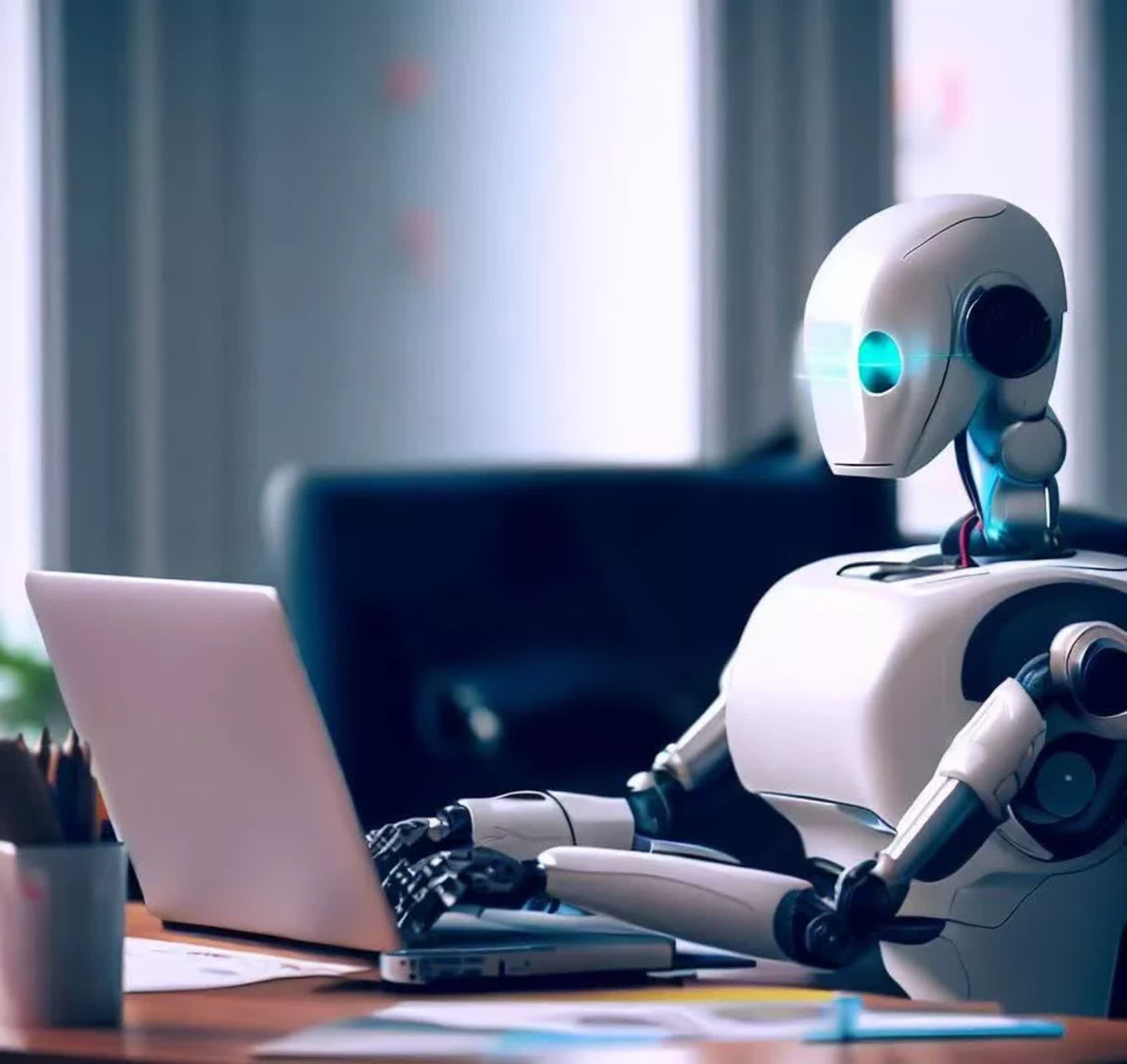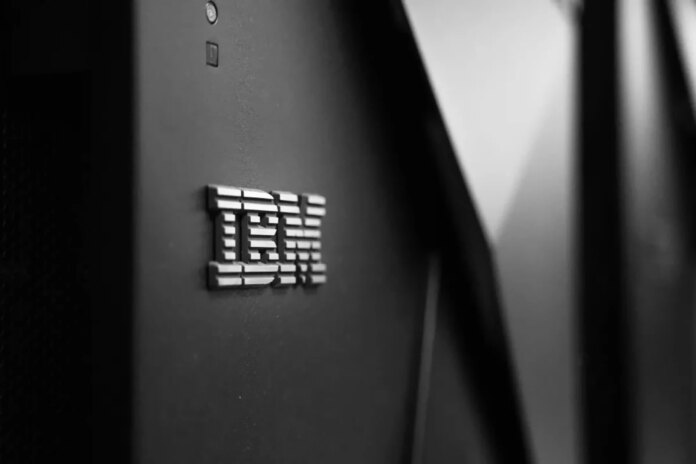A sizzling potato: The function of AI in the way forward for programming has develop into a sizzling subject amongst tech business leaders. Throughout a current interview on the SXSW convention, IBM CEO Arvind Krishna weighed in on the talk, asserting that AI won’t substitute programmers anytime quickly. As an alternative, he believes AI will function a strong software to boost their productiveness, enabling builders to work extra effectively.
Krishna estimates that AI may write 20 – 30 % of code however emphasizes that its function in additional advanced duties will stay minimal.
His views distinction with extra optimistic predictions from different business leaders. Dario Amodei, CEO of Anthropic, has forecast that AI may generate as much as 90 % of code inside the subsequent three to 6 months. In the meantime, Salesforce CEO Marc Benioff has steered that his firm might cease hiring conventional engineers by 2025 as a consequence of AI-driven productiveness positive factors.
Nonetheless, Benioff additionally underscores the significance of human experience and is actively reskilling Salesforce’s workforce to collaborate successfully with AI instruments.
Krishna’s perspective aligns extra carefully with Benioff’s, emphasizing that AI will improve productiveness relatively than remove programming jobs. He defined, “In case you can produce 30 % extra code with the identical variety of folks, are you going to get extra code written or much less?” Krishna believes this elevated effectivity will drive market share positive factors and gas the event of latest merchandise.
As an organization deeply invested in AI-powered options, IBM has positioned AI as a complementary software relatively than a substitute for human programmers. Whereas Krishna has beforehand talked about pausing hiring in back-office roles that AI may automate, he now underscores AI’s augmentative function in artistic and technical fields.
Drawing historic parallels, Krishna compares at the moment’s AI debates to previous issues over calculators changing mathematicians or Photoshop making artists out of date. He acknowledges unresolved challenges, reminiscent of mental property points surrounding AI coaching and outputs, however sees AI as a web constructive, enhancing product high quality throughout industries.
“It is a software,” Krishna said. “If the standard that everyone produces turns into higher utilizing these instruments, then even for the buyer, now you are consuming better-quality [products].”

Krishna additionally predicts that AI will develop into considerably extra energy-efficient, citing rising methods from corporations like Chinese language AI startup DeepSeek. He envisions a future the place AI consumes “lower than one % of the power it is utilizing at the moment,” making it extra accessible and cost-effective.
Nonetheless, Krishna stays skeptical about AI’s potential to drive groundbreaking scientific discoveries or generate fully new data. As an alternative, he argues that quantum computing – a subject during which IBM is closely invested – would be the key to advancing scientific understanding. “AI is studying from already-produced data, literature, graphics, and so forth,” Krishna defined. “It isn’t making an attempt to determine what’s going to come subsequent.”
His stance contrasts sharply with that of OpenAI CEO Sam Altman, who has steered that “superintelligent” AI may emerge within the close to future and play a vital function in accelerating innovation.

